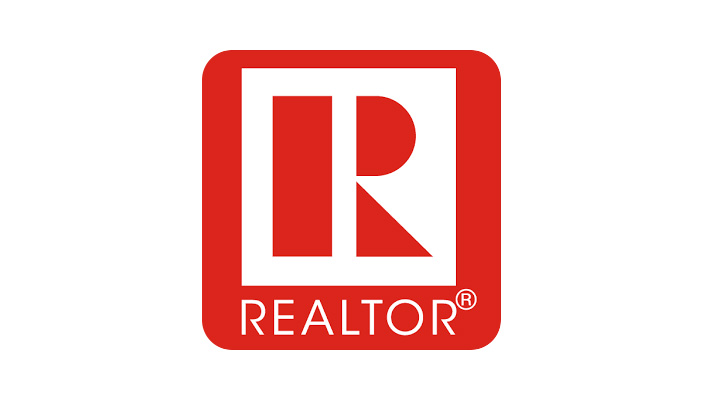- Raising your EQ requires listening skills, authenticity, empathy, confidence and the ability to ask questions.
Emotional quotient, or EQ, is a measure of a person’s adequacy in areas such as self-awareness, empathy and being sensitive with other people.
Have you ever wondered if your EQ is high enough? Here are seven ways to improve your emotional intelligence as a real estate agent:1. Listen more
I don’t mean listening for 15 seconds while thinking about what you’re going to say next. I mean listen, ask, listen, ask, listen — until there is silence, and then ask again “Is there anything else you want to share with me?” Example When you first speak to a client on the phone, how many seconds or minutes would you say you are on the phone before you quickly hang up and rush to send them listings? Stop, ask, listen — and listen more. They will tell you everything you need to know so finding a home the first time out will be effortless.2. Be genuine
You might think you’re being genuine, but the client knows. They feel and interpret everything you say, your body language and your suggestions — either as a fake salesperson wanting the next sale or a genuine person helping and educating. Example Sometimes I say I am a chameleon when it comes to dealing with clients’ personalities. This doesn’t mean I become someone I’m not during the deal; it means I ask enough questions to find common ground and then focus on mostly that when dealing with clients. Via Aumann Bender & Associates3. Be humble
You sell over $2 million to $3 million properties every month? So what? Clients only care about how they feel while you are helping them. You are in high demand, closing 10-20 transactions every month and can’t give them the time to write a hand-written notecard or remember their daughter’s name? You just might be overlooked when they decide to sell in five years. Example When I sold my first property over $2 million, I was driving a Toyota Yaris. I pulled up to meet the client I had acquired online, and they were driving a Tesla and a Mercedes. I knew one thing for sure, I could help them find the home they wanted better than any other agent. I knew this deep down because I get to know my clients so well during the process, and I knew the area like the back of my hand. They didn’t think twice, and eight months later, they told me that it was my car that solidified that I was the right person to help them at that time.4. Be confident
Don’t just act confident; it might come across as “ego.” Take time to find out who you are as a real estate professional — what you stand for, what your niche is, what geographic area you service and what areas you refer out. Know your market, yourself and your limitations, and you will dominate your area and triple your business. Example “What area do you service?” the buyer asks. “Everywhere. Where are you buying?” This answer shows you are spread too thin. And you risk losing credibility if your website, social and references don’t reflect the buyer’s area.5. Be empathetic
There is a difference between commiserating, pretending to know what another person is going through, and having genuine empathy for your client’s situation. It’s a fine balance between acknowledging their issues, concerns and challenges and not getting sucked into them. You are the person who feels their pain, but you can also turn around and solve their problems by providing answers and solutions. Example I found when helping people through their short sales they knew exactly six seconds after meeting me whether I was going to judge them or not. They knew I really was in the short sale niche business because I loved getting them through this stressful event.6. Ask more questions
Your clients should not feel neglected, but they also shouldn’t feel like they’re on the witness stand. Questions should be conversational. Find out about their life, their day, what is important to them and how a new home will affect their children, school, extracurricular activities and their pets. You should be able to know exactly what to send them for the holidays the next year from your first two conversations with them. Example I learned the power of questions when I was recruiting for our new offices a few years ago. I would meet an agent at Starbucks, we would talk for two hours, and I would leave. I knew everything about that agent, and he or she knew nothing about my real estate office — yet. The goal was to get to know them, not sell them on my business. When I would leave, they would say, “Hey, you didn’t get to tell me about your office.” And I would let them know that it was OK, we could meet again to do that. I take the same approach with my clients. I learn who they are and then find the right home for them.7. Ask for feedback and reviews
We should all be asking for reviews from not only our clients but also our peers. And we should learn to be alright with negative or constructive responses. Sometimes clients take the opportunity to share their concerns about a transaction only after receiving a third-party request for review. Read it over, think about it, and decide how you can do better next time; acknowledging it will only help you earn more money and close more business. Example Sometimes, it’s our peers we need to listen to. A few years ago, a good friend and colleague called me to tell me I needed to get a book and read it.Dale Carnegie












